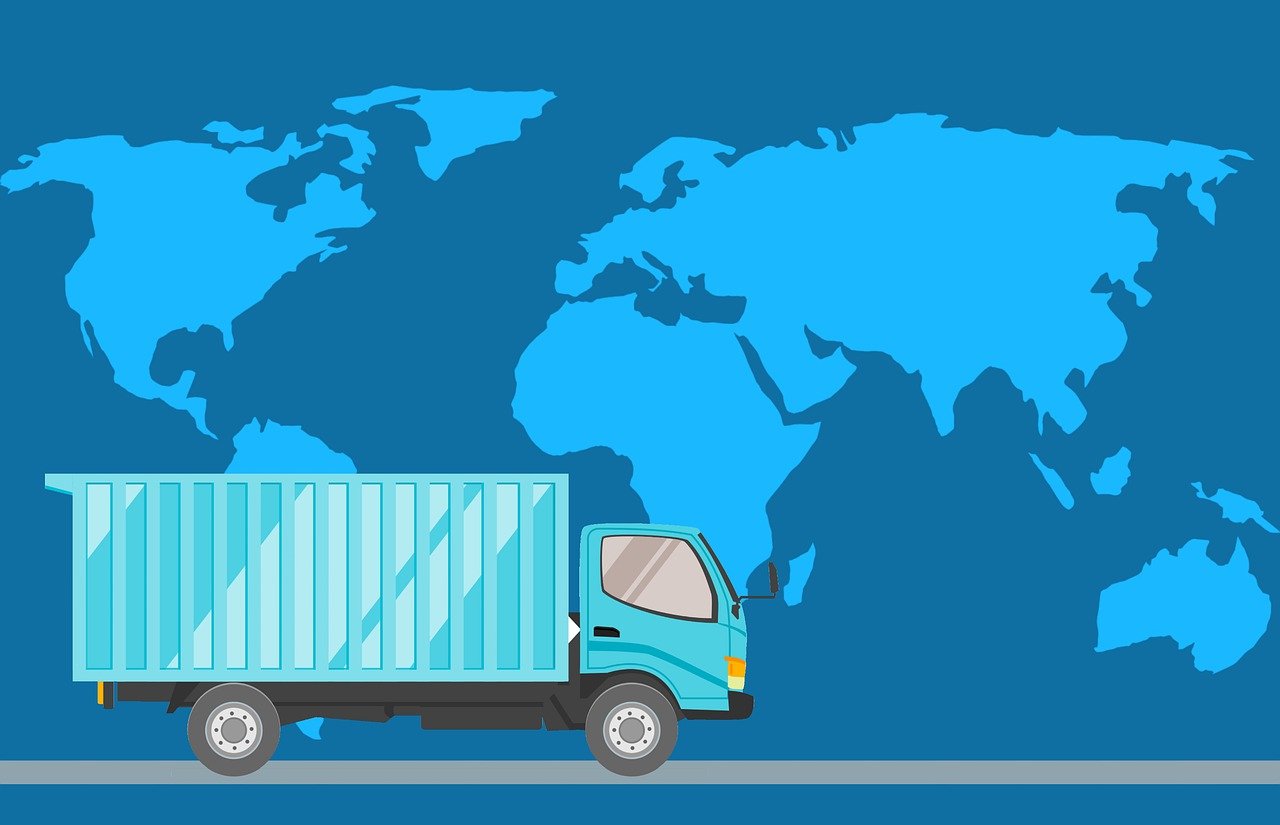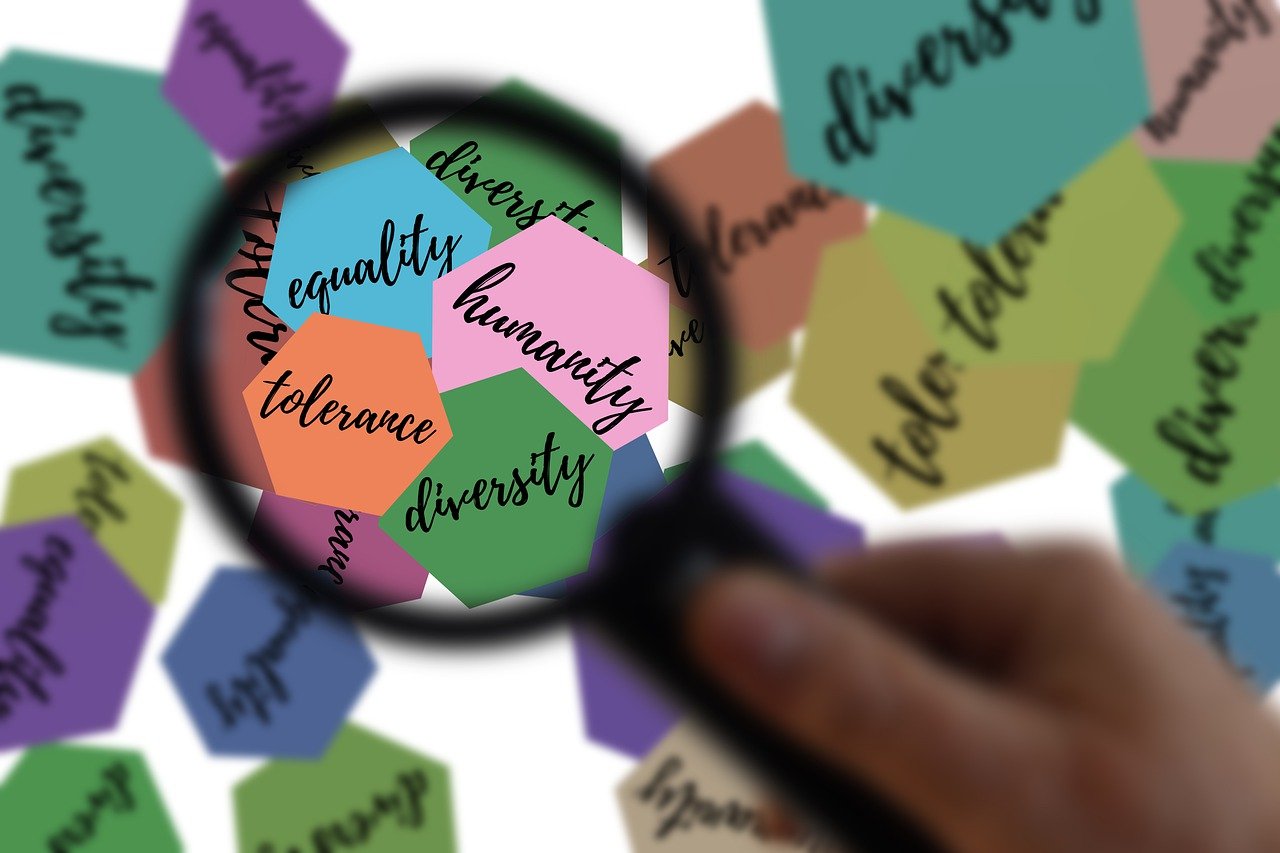An economy in search of meaning
For a long time, the global economy was based on a model of growth at all costs. But this model is now reaching its limits. In the face of the climate crisis, growing inequality and a loss of confidence in major institutions, a new way forward is needed. You may already see it in the companies that are focusing on impact rather than profitability alone. This transition is embodied in a central concept: sustainable entrepreneurship.
Rethinking the economy through sustainable entrepreneurship means looking at performance differently. It's not just about producing more, but producing better, respecting natural resources, developing local expertise and putting people at the heart of decision-making.
Sustainable entrepreneurship, a new way of creating value
L'sustainable entrepreneurship is based on a simple idea: a company can be profitable while contributing to the common good. Unlike the traditional model based on rapid growth, it favours stability, quality and responsibility. In other words, the value created is no longer measured solely in terms of sales figures, but also in terms of social and environmental impact.
You see it in local initiatives, short circuits, cooperatives and impact start-ups. These structures are reinventing the way we do business. They are proving that it is possible to build viable models that are rooted in respect for the planet and for people.
This change of perspective forces entrepreneurs to ask themselves some essential questions: what is the real use of my product? What long-term effects will my choices have on future generations? These questions are transforming the relationship between business and society.
The pillars of sustainable entrepreneurship
Rethinking the economy through sustainable entrepreneurship means redefining priorities around three dimensions: economic, social and environmental.
- The economic dimension Sustainability remains essential. Sustainable entrepreneurs seek profitability, but without excessive exploitation. They favour long-term investments and ethical financing channels.
- The social dimension The company becomes a place of balance and inclusion. It values diversity, offers fair working conditions and seeks to improve the quality of life of its employees and local communities.
- The environmental dimension Reducing our footprint is becoming a requirement. You can see this in the way some companies are rethinking their production, recycling their materials or offsetting their emissions.
It is the combination of these three dimensions that gives sustainable entrepreneurship its strength. It transforms ecological constraints into opportunities for innovation.
Sustainable entrepreneurship and innovation: a driving force for rethinking the economy
Innovation is no longer the preserve of the technology giants. Today, small businesses are inventing bold solutions to meet the challenges of our time. Visit zero wasteIn the past few years, a number of entrepreneurs have been experimenting with new technologies such as solar energy, the circular economy and renewable energies.
You can see this development in companies that are rethinking the value chain from end to end: from product design to recycling. These initiatives prove that creativity can be born out of constraint. They are inspiring other economic players to follow suit.
Sustainable entrepreneurship fosters a virtuous ecosystem in which each individual success feeds a collective dynamic. By rethinking their practices, businesses are paving the way for a more resilient and balanced economy.
The responsibility of consumers and citizens
Rethinking the economy through sustainable entrepreneurship is not just about business. You, as a consumer, have real power. Every purchase, every choice of service or investment can encourage or hinder this transformation.
Choosing a local brand, preferring a repairable product or supporting a project with a social impact are simple gestures which, taken together, shape a new economic model. In this way, committed citizens become the natural allies of responsible entrepreneurs.
More and more consumers are looking for transparency, ethics and consistency. This fundamental trend is forcing companies to review their practices, not out of obligation, but out of conviction. This demand creates a positive tension: it forces the market to move in the right direction.
Sustainable entrepreneurship: an opportunity for local and regional authorities
Aside from all the talk, thesustainable entrepreneurship is rooted in local realities. In many regions, economic initiatives are breathing new life into neglected areas. From small factories and organic farms to community workshops, third places and regional incubators, these structures are proving that economic revival can come from the grassroots.
You can imagine the impact this can have: sustainable jobs, short supply chains, renewed pride and a stronger sense of belonging. By supporting these projects, local authorities are actively helping to build a more humane and balanced economy.
Towards a new culture of entrepreneurship
Rethinking the economy through sustainable entrepreneurship also involves a change in mentality. The entrepreneur of the 21st century is no longer just a creator of wealth, but an agent of change. They integrate ecological and social issues into the design of their projects.
You can do your bit to encourage this approach: by supporting a local entrepreneur, sharing positive initiatives, or taking part in support programmes for young impact businesses.
This culture of collective responsibility is building an economy where success is measured in terms of utility, not just profit. Sustainable entrepreneurship then becomes a lever for education, transmission and social transformation.
A sustainable economy, a desirable future
The world is going through a period of rapid change. Successive crises are a reminder that the economy is not an isolated system, but a living organism interconnected with society and nature. Rethinking the economy through sustainable entrepreneurship means recognising this interdependence.
You've probably noticed that the most inspiring initiatives don't always come from the big companies, but often from those that dare to experiment, cooperate and take responsibility for their impact. This movement gives us hope: it shows that another model is possible, one that is more sober, fairer and more humane.
Sustainable entrepreneurship is not a utopia, but a path. A path based on responsibility, creativity and the conviction that every action counts. By embarking on this path, you are helping to build an economy capable of meeting the needs of the present without compromising those of the future.










